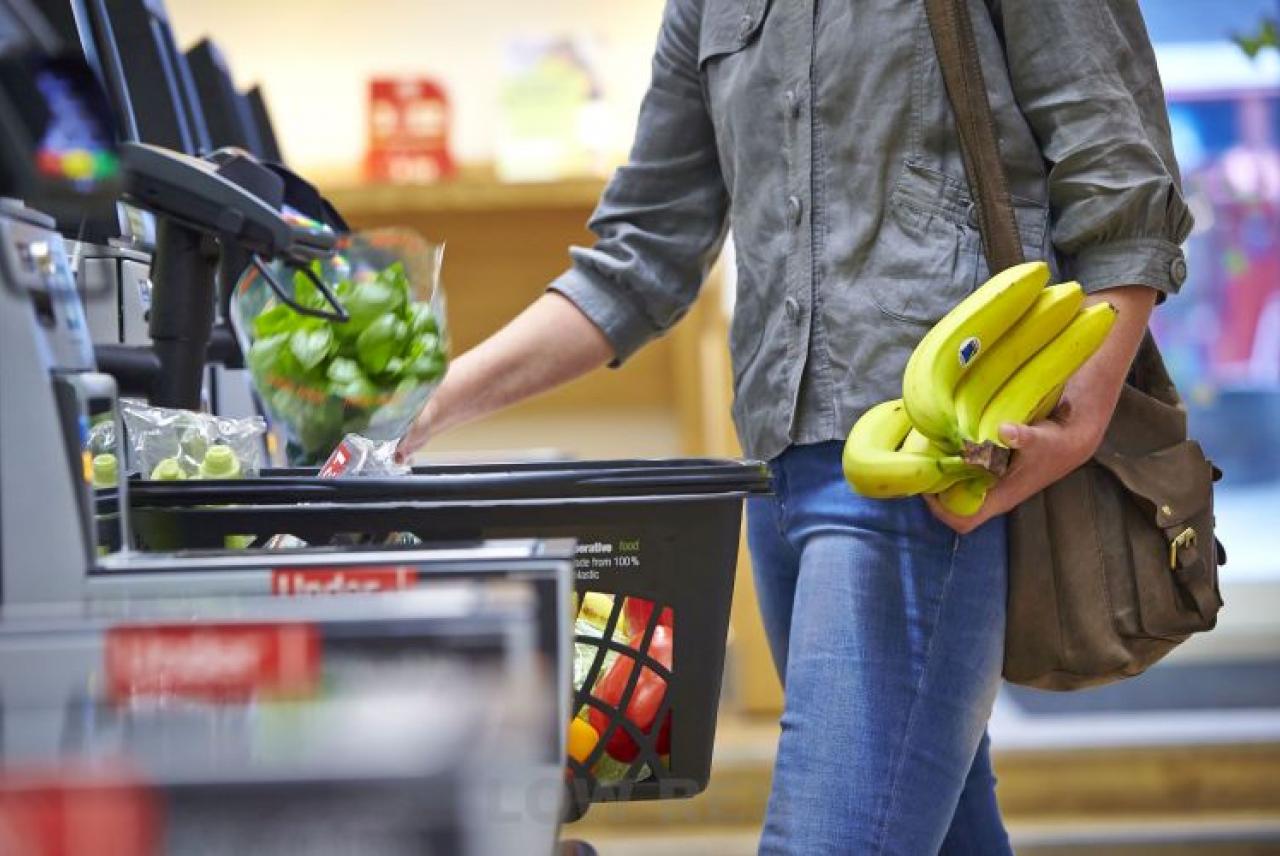After an unprecedented boom, the wheels are finally coming off the carbon offsetting bandwagon
Simon Birch looks at the recent backlash against carbon offsetting.
In recent years, vast numbers of companies have invested in global carbon offset schemes which were sold as a way to balance out their carbon emissions. This enabled companies to claim that their activities were now suddenly carbon-neutral or even carbon negative.
Consumers too could simply sign up to offset schemes, which on paper at least, enabled them to whizz off to Australia on a carbon-neutral and guilt-free trip.
The reality though is that with little or no regulation or consensus on standards, the carbon offsetting market has operated like the Wild West with dodgy and unverifiable claims at every turn.
Now the regulators are finally clamping down
This January, the EU ruled that from 2026 companies won’t be able to use terms such as climate neutral or climate positive and that there’ll be a total ban on using carbon offset schemes to substantiate these claims.
Under the groundbreaking directive only sustainability labels using EU-approved certification schemes will be allowed by the bloc.
“The directive marks the end of outlandish and baseless advertisements that tell European consumers that they can take carbon-neutral flights, wear carbon-neutral clothes, and eat carbon-neutral food,” says Lindsay Otis from the Brussels-based group Carbon Market Watch.
Ethical Consumer's view on carbon offsetting
“We rank companies on their carbon performance, and we actually reduce the Ethiscore of companies who claim that they are either carbon-neutral or carbon negative as we think these are misleading messages, and unhelpful for consumers,” says EC coeditor Rob Harrison.
Confidence in offsets has taken a battering recently with a number of scandals including a report from the Guardian in 2023 which claimed that more than 90% of rainforest offsets sold by Verra, the world’s biggest certifier, were ‘worthless’.
Many companies such as Nestlé and EasyJet have now quietly withdrawn their carbon-neutral claims and the Carbon Trust, one of the UK’s biggest certifiers, has dropped its carbon-neutral label altogether.
Instead, it’s now working with companies to reduce and remove the carbon from their operations which environmentally is a much better thing to do.
EU offsetting changes and impact in UK
But given that the UK is no longer a member of the EU, what difference will the EU clampdown have for businesses here?
“This new law will apply to any company wanting to export to the EU which accounts for 40% of UK trade,” says Nusa Urbanic from the Changing Markets Foundation which works to support sustainable business practice.
“This means that many UK companies will have to adapt to EU labelling rules.”
But whilst consumers in the EU will now be protected from greenwashing, who’s looking out for consumers in the UK?
The good news is that the Competition and Markets Authority – the Government’s competition watchdog – and the Advertising Standards Authority (ASA) are now both keeping a close eye on greenwashing claims including those around offsetting.
In December 2023, the ASA banned an advert from leading beer company Brewdog for misleading claims around the climate credentials of its beers, with Brewdog claiming that it was ‘the world’s first carbon negative brewery’.
However, the bad news is that ASA still lacks the regulatory teeth of the EU when it comes to banning all potentially misleading claims around offsetting.
Like in so many aspects of environmental protection, Brexit has left UK consumers worse off than their European neighbours:
“Although the ASA has tightened rules on the use of terms such as carbon neutral and net zero, the new EU law will go even further,” states Urbanic. “Specifically, it will ban claims based on offsetting and demand officially recognised certification schemes to prove claims.”
This reality was confirmed by the ASA: “It’s not the place of the advertising regulator to ban these claims outright,” says the ASA’s Miles Lockwood, “that’s a matter for Parliament.”
(Simon Birch's article appeared in Ethical Consumer Magazine 208.)









